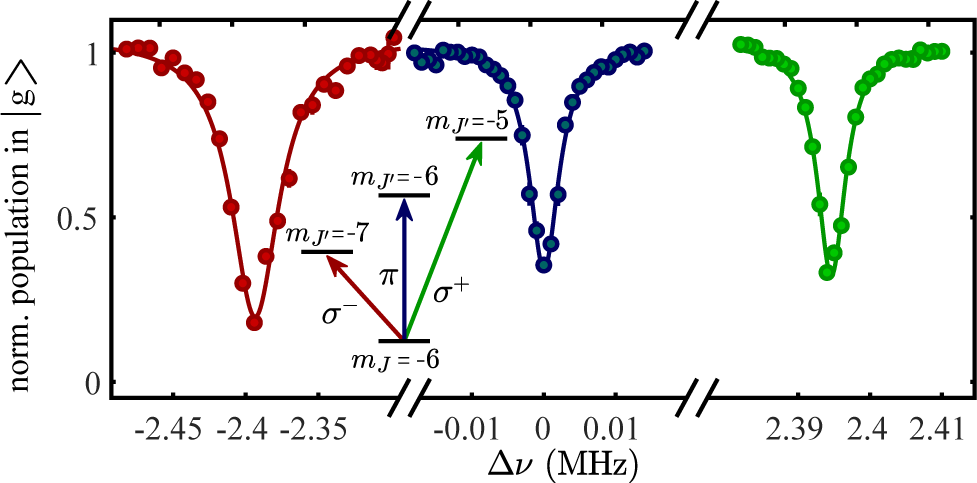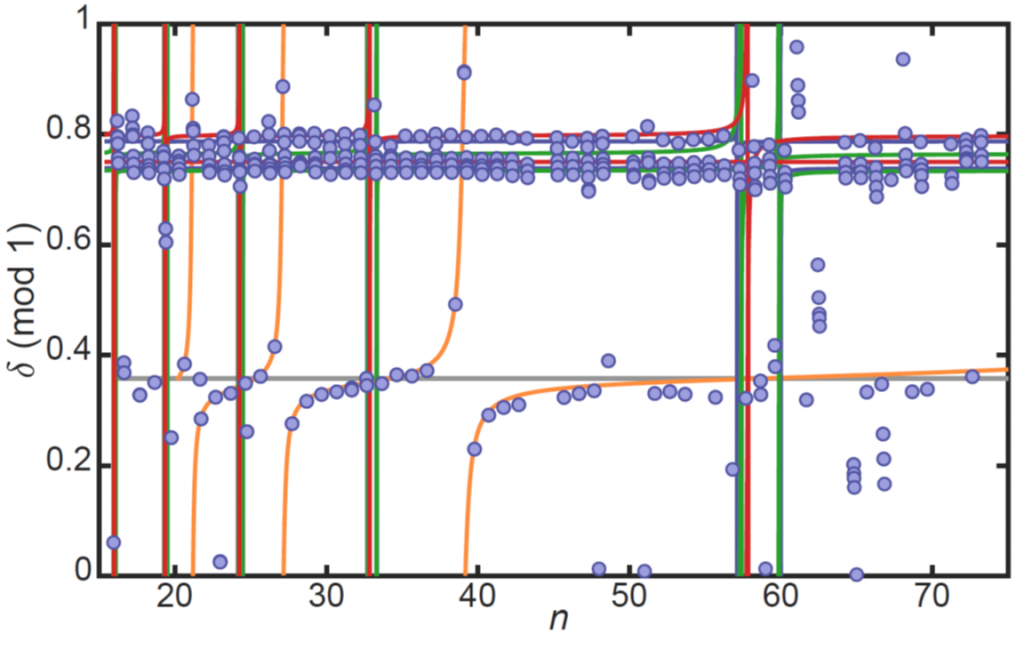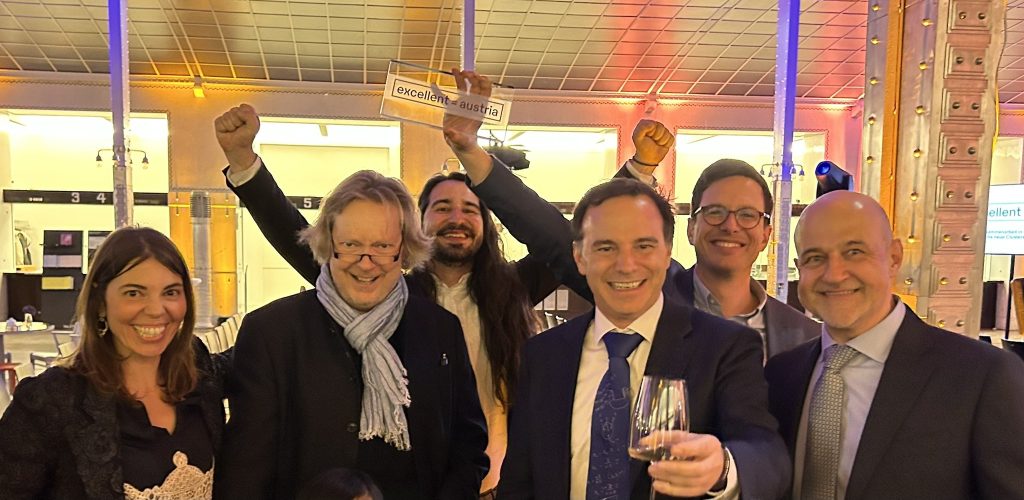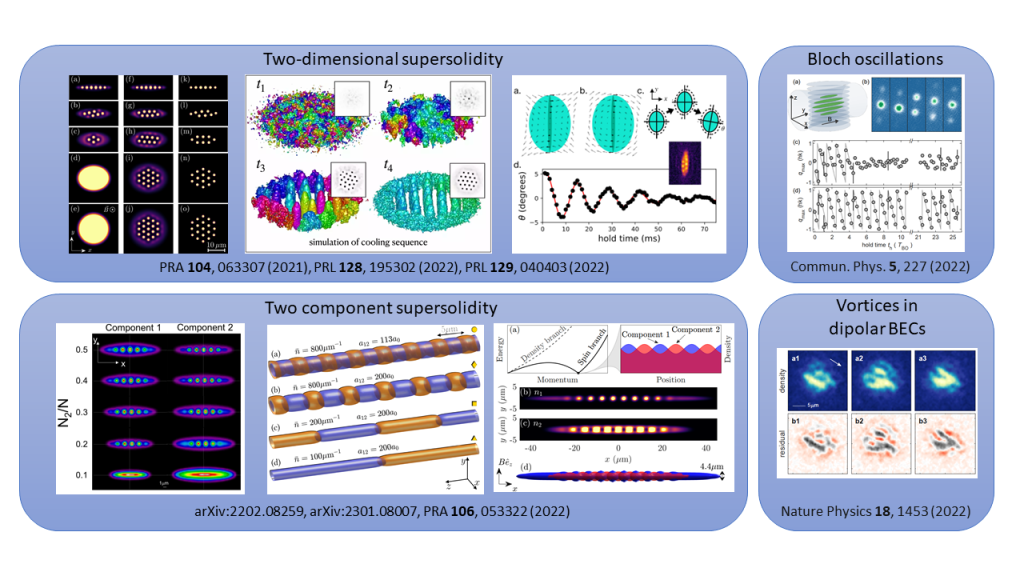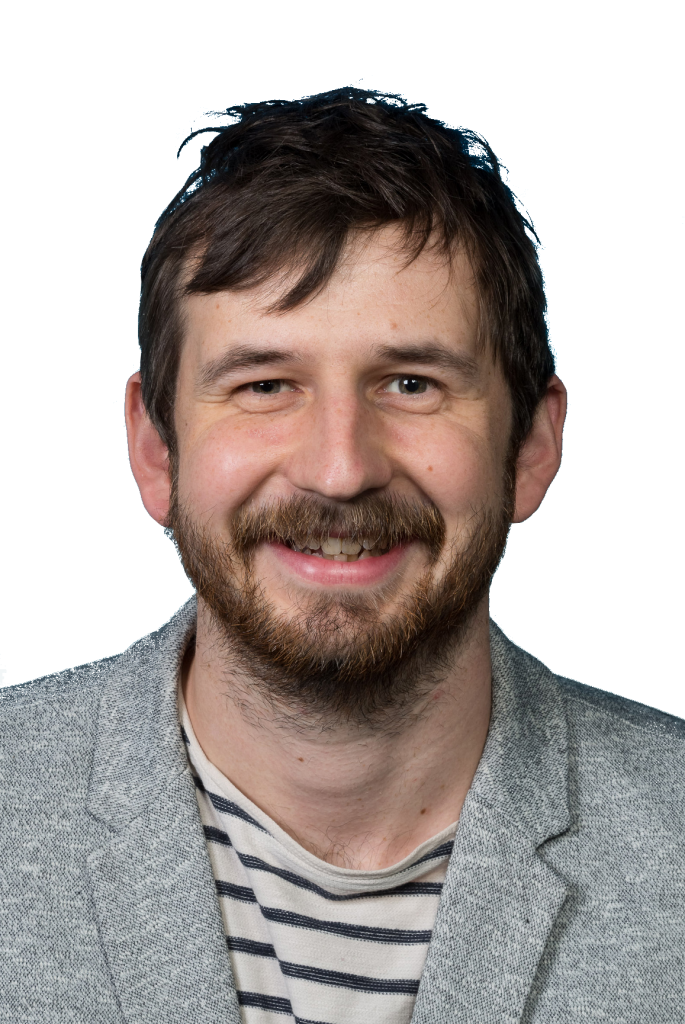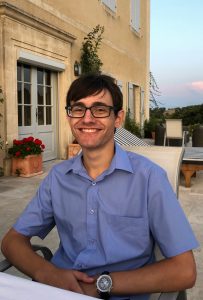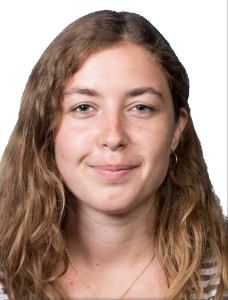
Vortices in a supersolid
Our research on the observation of vortices in a dipolar supersolid has now been published in Nature, and featured by Quanta magazine!

2025 Postdoc & PhD Openings!
We are happy to announce that our dipolar quantum gas group has Postdoc and four PhD positions open for 2025!

Austrian of the Year 2024
Francesca was crowned as the ‘Austrian of the Year’ in the research category at the Austria 24 gala by Die Presse!

Summer BBQ
Our 2024 Summer BBQ took place on the 24th of June and celebrated the many different achievements of the group!

2024 PhD Openings!
We are happy to announce that our dipolar quantum gas group has two PhD positions open for 2024/2025!

Murder Mystery Dinner
Our 2024 group dinner took place on the 18th of January at CasoinN da Giorgio restaurant, with a 1920’s Murder Mystery theme!

Glitches in supersolids: links between neutron stars and quantum matter
By emulating the connection between a rotating supersolid phase and an external solid phase, we were able to replicate “glitches” – sudden jumps in the solid angular momentum driven by quantum vortices leaving the supersolid.

Cluster of Excellence Quantum Science Austria granted
Three Clusters of Excellence in Innsbruck have been funded! With highly endowed clusters of excellence, the Austrian Science Fund FWF creates Austrian flagships of basic research. The University of Innsbruck will coordinate the Cluster of Excellence for Quantum Sciences.

Bloch Oscillations
By letting an erbium quantum droplet fall under gravity through an optical lattice, it is possible to understand the inter-atomic interactions and quantum fluctuations through variations of the Bloch oscillation.

ERC Advanced Grant DymetEr has been funded!
Our group studies dipolar quantum gases made of Erbium (Er) and Dysprosium (Dy) atoms. These extraordinarily magnetic species are a powerful new resource for reaching quantum simulation with strong connectivity, in which each atom is coupled to the other over long distances, and exploring exotic phases of matter that have no classical counterpart.
We have three labs: the ERBIUM LAB, where Er was Bose condensed for the first time ever, the Er-Dy LAB which studies quantum dipolar mixtures under a quantum-gas microscope, and the T-REQs LAB, where we trap Er atoms in arrays of optical tweezers for Rydberg physics. Recently, we have established a Theory Group aimed at studying and predicting dipolar phenomena in dipolar quantum gases and mixtures.
The group, led by Francesca Ferlaino, is jointly located at the Institute for Experimental Physics (IExP) of the University of Innsbruck and at the Institute for Quantum Optics and Quantum Information (IQOQI) of the Austrian Academy of Sciences, and it is part of the Innsbruck Center for Ultracold Atoms and Quantum Gases.
Follow our group’s updates on  .
.
News from the labs
Applications have now opened for the Introductory Course on Ultracold Quantum Gases 2022 winter school. This will take place in Innsbruck between the 9th and 11th February 2022.
Keep Reading ...
For the first time, we experimentally observe the transition at 1299nm in atomic erbium. We demonstrate coherent control and perform a detailed study of the transition parameters.
Keep Reading ...
Our team has made first observations of Erbium Rydberg levels in a hot atomic beam. Using a spectroscopy technique called electromagnetically induced transparency (EIT) we have measured more than 550 highly excited states of Er166. Our results show how the unique properties of Erbium effect the Rydberg series and provide
Keep Reading ...
Group news
Three Clusters of Excellence in Innsbruck have been funded! With highly endowed clusters of excellence, the Austrian Science Fund FWF creates Austrian flagships of basic research. The University of Innsbruck will coordinate the Cluster of Excellence for Quantum Sciences.
Keep Reading ...
The position of a 1-year Postdoctoral Researcher is now open to applications. The successful candidate will join Dr. Thomas Bland and Prof. Francesca Ferlaino at the University of Innsbruck, Austria. The work concerns the question: “How ‘solid’ is a dipolar supersolid?”
Keep Reading ...
Tom has been awarded an ESQ Discovery Project grant this year. The Discovery Programme supports new ideas and innovative research that go beyond traditional thinking.
Keep Reading ...
Welcome and goodbye
Welcome to Samuel, who has joined the T-Reqs team as PhD Student
Keep Reading ...
Bing Yang is moving to the Southern University of Science and Technology (SUSTech) as Associate Professor. Congratulation Bing! We wish you great success in your next adventure in physics.
Keep Reading ...
![]() .
.











